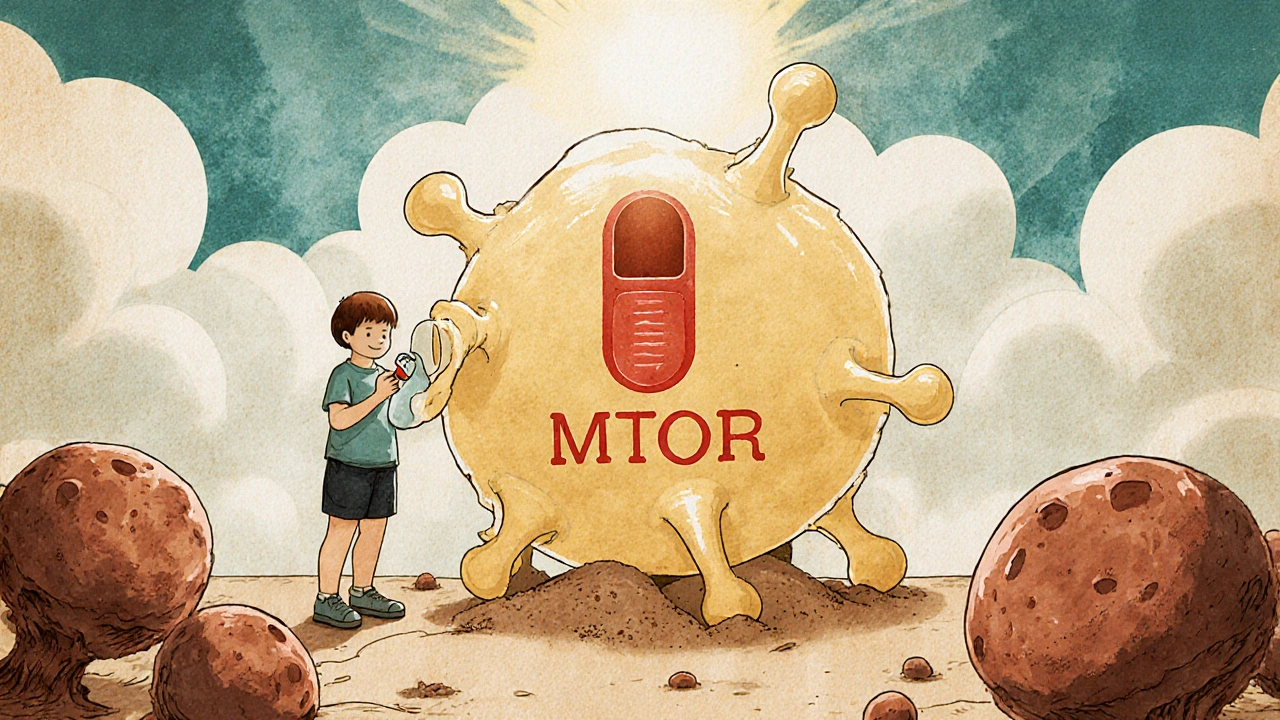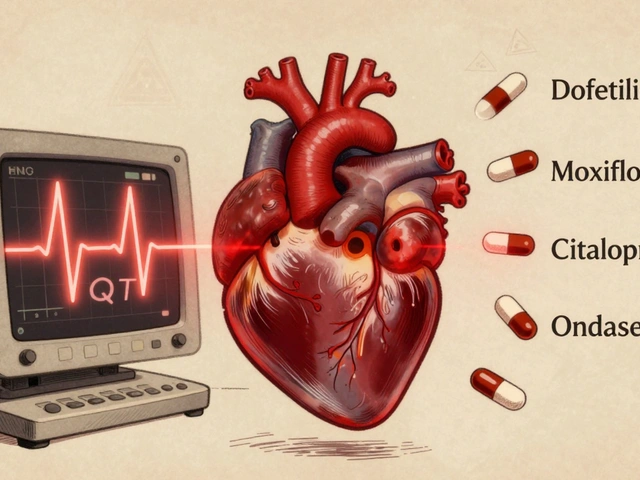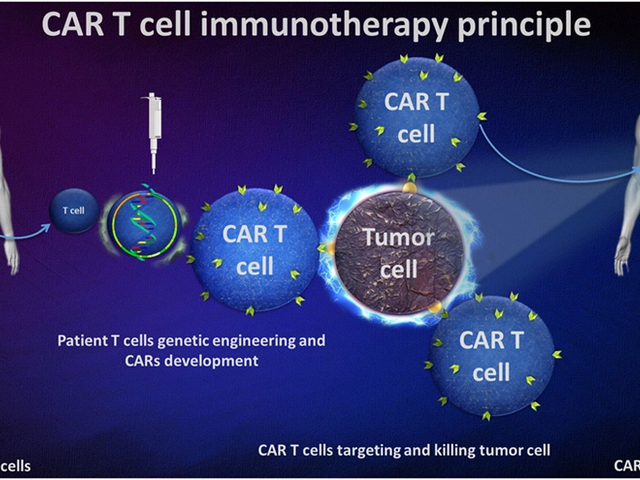Rare Diseases: What They Are, How They’re Treated, and What You Need to Know
A rare disease, a medical condition affecting fewer than 200,000 people in the U.S. or less than 1 in 2,000 in Europe. Also known as orphan disease, it’s not about how uncommon it is—it’s about how little attention and research it gets until it hits someone you know. There are over 7,000 identified rare diseases, and most are genetic, showing up early in life. Think spinal muscular atrophy, Duchenne muscular dystrophy, or Fabry disease—conditions that don’t show up in standard blood tests and often take years to diagnose.
Why does this matter? Because orphan drugs, medications developed specifically for rare diseases. Also known as orphan medications, they’re expensive, hard to find, and often not covered well by insurance. Unlike common drugs like ibuprofen or metformin, these treatments aren’t mass-produced. Companies invest in them because of special incentives, not because they’ll make a fortune. That’s why you’ll see posts here comparing Combivir to newer HIV drugs or Neurontin to alternatives—it’s the same story. People with rare diseases are constantly weighing options, side effects, and access.
genetic disorders, conditions passed down through families due to DNA mutations. Also known as inherited diseases, they make up the majority of rare conditions. But diagnosis isn’t just about a blood test—it’s about knowing what to look for. Many patients go from doctor to doctor, misdiagnosed as having anxiety, chronic fatigue, or even psychosomatic issues. The delay can be 5 to 7 years. That’s why posts like the one on partial onset seizures or itchy skin triggers matter. They show how symptoms that seem unrelated might actually point to something deeper.
And then there’s the human side. Managing a rare disease isn’t just about pills. It’s about navigating pharmacy transfers, finding affordable generics like lisinopril or atenolol, and figuring out if natural remedies help with side effects. You’re not just treating a condition—you’re fighting a system that wasn’t built for you. That’s why this collection includes guides on buying cheap generic meds online, comparing drug alternatives, and even how chiropractic care might ease allergy symptoms linked to immune dysfunction. These aren’t random posts. They’re survival tools for people who’ve been told, "No one else has this."
What You’ll Find Here
You’ll find real comparisons—not marketing fluff. How does Bupropion stack up against SSRIs for someone with a rare mood disorder? Can vidagliptin reduce insulin needs in a rare form of diabetes? Is there a cheaper version of Lumigan for glaucoma tied to a genetic syndrome? These aren’t theoretical questions. They’re daily struggles for people living with rare diseases. This page brings together the practical, the proven, and the overlooked so you don’t have to search in circles. You’re not alone. And you don’t have to figure it out alone either.
Everolimus: How This Drug Is Changing Outcomes for Rare Disease Patients
Everolimus is transforming care for rare diseases like tuberous sclerosis and LAM by targeting abnormal cell growth. It shrinks tumors, improves lung function, and offers hope where few options existed.
Read More




